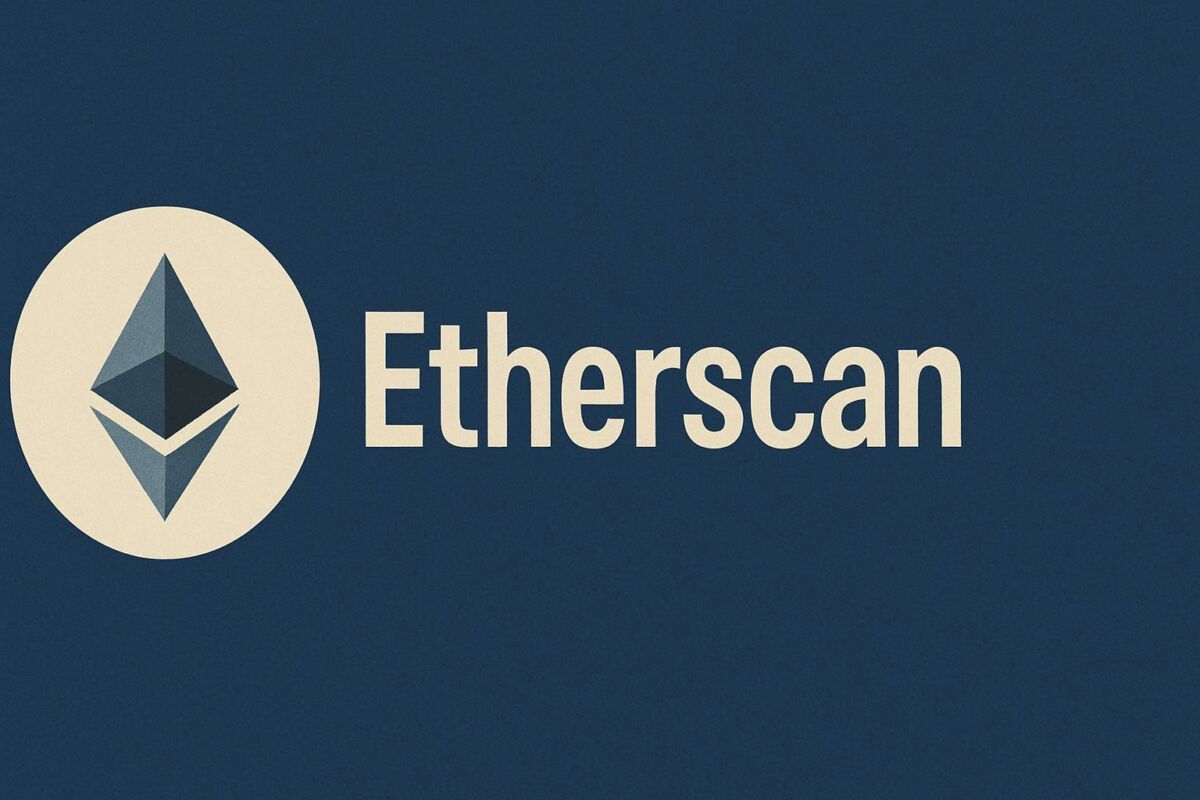How Sword Health’s $4B Valuation Stakes Out a Deliberate Path to IPO
Introduction: A Strategic Turn for AI-Driven Healthcare
Sword Health, an AI-powered digital healthcare startup, recently closed a $40 million funding round at a $4 billion valuation, marking a 33% increase since its last round at $3 billion just one year ago (TechCrunch, Wikipedia). Despite healthy annual revenue of roughly $240 million and a cash-flow-positive status, the company—led by CEO Virgílio Bento—embraced this fresh capital not out of necessity, but as a strategic move: to align valuation with its ambitions and fuel future acquisitions (TechCrunch, Cosmico).
While peers like Hinge Health and Omada have moved toward IPOs, Sword Health has deliberately pushed back its IPO, to “much later than everyone expects.” Bento now envisions going public around 2028, only once the company has proven itself across multiple care verticals (TechCrunch).
In this article, we’ll explore Sword Health’s journey—from virtual physical therapy pioneer to AI Care innovator—its funding strategy, expansion ambitions, reasons behind the delayed IPO, and what this means for the future of digital health.
Origins & Evolution: From PT Startup to AI Care Leader
Founded in 2015 by Virgílio Bento and Márcio Colunas in Portugal, Sword Health began as a virtual physical therapy platform using AI and wearable sensors to treat musculoskeletal (MSK) conditions (Wikipedia).
Since then, the company has expanded its offerings to include:
Pelvic health
Injury prevention
AI-driven surgery risk prediction
Educational and clinical content globally through platforms like Atlas and Academy
Outcome-based pricing models like Thrive, Bloom, Move, Predict, and On-Call
And AI assistant Phoenix for real-time therapy feedback (Wikipedia)
As of 2024, Sword operates internationally—with offices in the U.S., Ireland, and Portugal—and employs around 650 people (Wikipedia).
The $40M Round & $4B Valuation: Fuel for Expansion
On June 17, 2025, Sword Health sealed a fresh $40 million funding round at a $4 billion valuation, led by General Catalyst, a long-time supporter (TechCrunch, Cosmico). This round also included participation from Khosla Ventures, Comcast Ventures, Lince Capital, Oxy Capital, Armilar, Indico Capital, and Shilling, bringing total funding to approximately $380 million (TechCrunch, Cosmico).
CEO Bento said the capital raise was about resetting valuation and building a war chest for strategic acquisitions (TechCrunch, Cosmico).
Expanding the AI Care Model & Launching Mind
Beyond physical therapy, Sword is broadening its scope with Mind, an always-on AI-based mental health solution announced alongside the funding (swordhealth.com, Slice of Healthcare).
Key components of Mind include:
Phoenix: An AI therapist tailored for mental health conditions
M-band: A wearable capturing physiological and environmental data to detect depression or anxiety signals
Mind Clinicians: Ph.D.-level professionals working with Phoenix to deliver continuous, personalized, and proactive care (swordhealth.com, Slice of Healthcare)
This simultaneous launch of Mind illustrates Sword’s bold leap into a high-need, historically underserved area—mental health—marking a new chapter in its AI Care continuum.
Why 2028? The Calculated Delay of an IPO
Sword’s retreat from near-term listing appeared surprising, especially given the public successes of peers like Hinge Health. Yet Bento’s decision is strategic:
Proof Across Multiple Verticals
He wants validated, scalable success in diverse areas—beyond MSK to psychiatric, cardiovascular, gastrointestinal, and speech therapy (TechCrunch).The Private Capital Advantage
Bento asserts that strong private capital markets (citing Databricks’ $10 billion private raise) offer sufficient financing without IPO pressure (TechCrunch, Wikipedia).Liquidity through Secondary Markets
A tender offer planned next month will allow employee and early shareholder exit without needing public markets (TechCrunch).Educated Perspective on Public Ownership
Bento describes a self-led “educational journey” talking to public CEOs and bankers, concluding he has many reasons against going public, but none compelling for (TechCrunch).
As Bento puts it:
“If you ask me why we shouldn’t IPO, I can give you 10 reasons. If you ask me why we should IPO, I cannot find one reason.”
(TechCrunch)
A Forecast: $50M at a $5B Valuation?
Looking forward, Bento hinted at continued funding rhythm and growth:
$50 million raise at a $5 billion valuation in 2026—”numerical symmetry,” he joked (TechCrunch, Cosmico).
Strategic Analysis: Why This Approach Matters
For Sword Health:
Measured Growth: Scaling deliberately across diverse care verticals builds credibility and resilience.
Capital Flexibility: Staying private lets Sword shape its future on its terms.
Talent and Culture Control: Avoiding IPO pressures helps preserve internal focus and mission alignment.
Operational M&A: Funds raised can power strategic acquisitions and R&D, accelerating expansion.
For Digital Health Industry:
Shift in IPO Paradigms: Sword bucks the rush to list, emphasizing value over timing.
AI Care Redefined: Integrating wearables, AI therapy, and human clinicians across multiple verticals sets a new benchmark.
Competitive Pressure: Others may follow with more deliberate, vertically diversified approaches before going public.
Summary Table: Key Details at a Glance
| Topic | Highlight |
|---|---|
| Funding Round | $40M at $4B valuation (33% increase year-over-year) |
| Strategic Focus | M&A readiness, expanded AI Care, valuation reset |
| IPO Timing | Delayed to 2028 for broader vertical proof and strategic freedom |
| New Launch | Mind—AI-powered, always-on mental health care with wearable integration |
| Future Outlook | Potential $50M raise at $5B valuation next year |
Conclusion: Strategic Patience in Digital Health Leadership
Sword Health’s recent raise and shift toward a 2028 IPO encapsulate a rare blend of ambition and discipline. By building beyond musculoskeletal care—into pelvic, mental, cardiovascular, and more—with AI at the center, the company is crafting a scalable and resilient multi-vertical care model.
Bento’s refusal to rush into public markets reflects a deep belief in long-term value and control. This disciplined trajectory could inspire a new wave of thoughtful, mission-driven startups in digital health.

.jpg)

